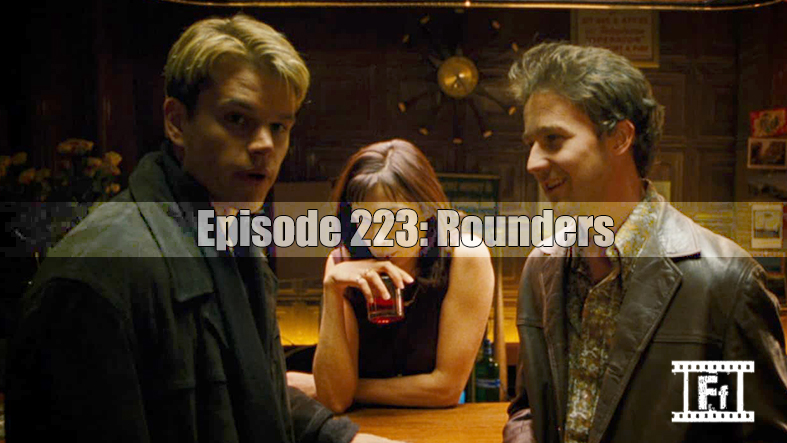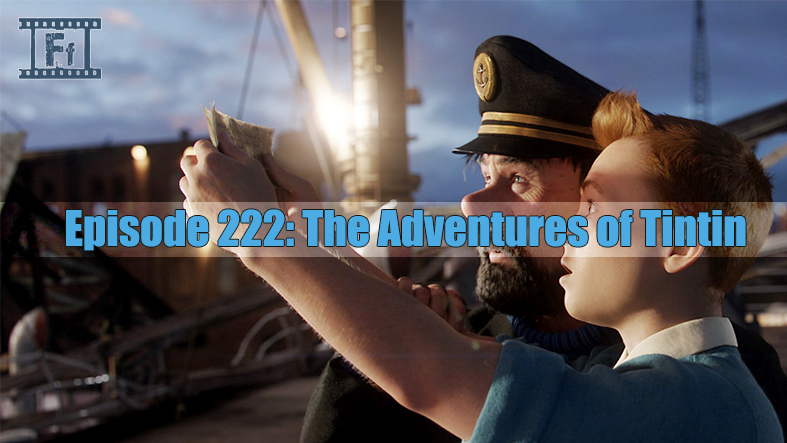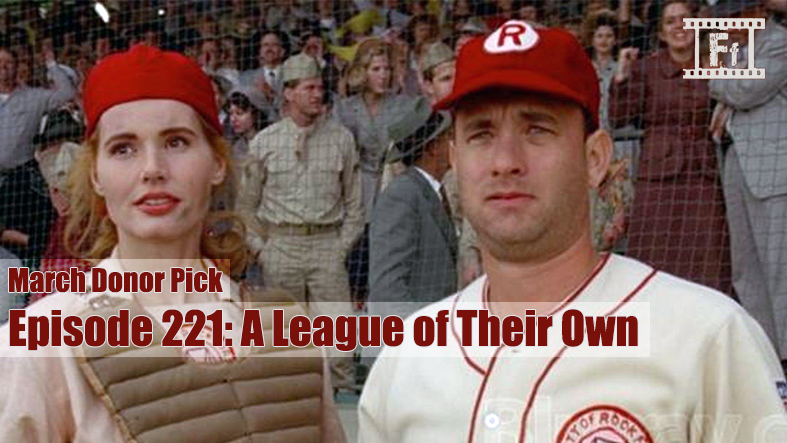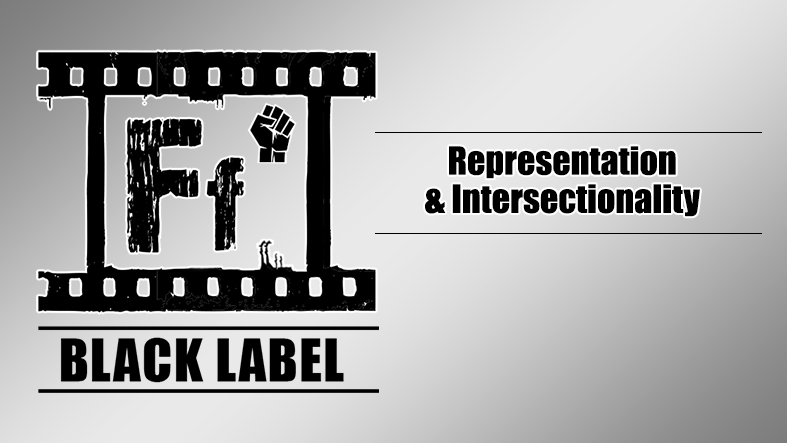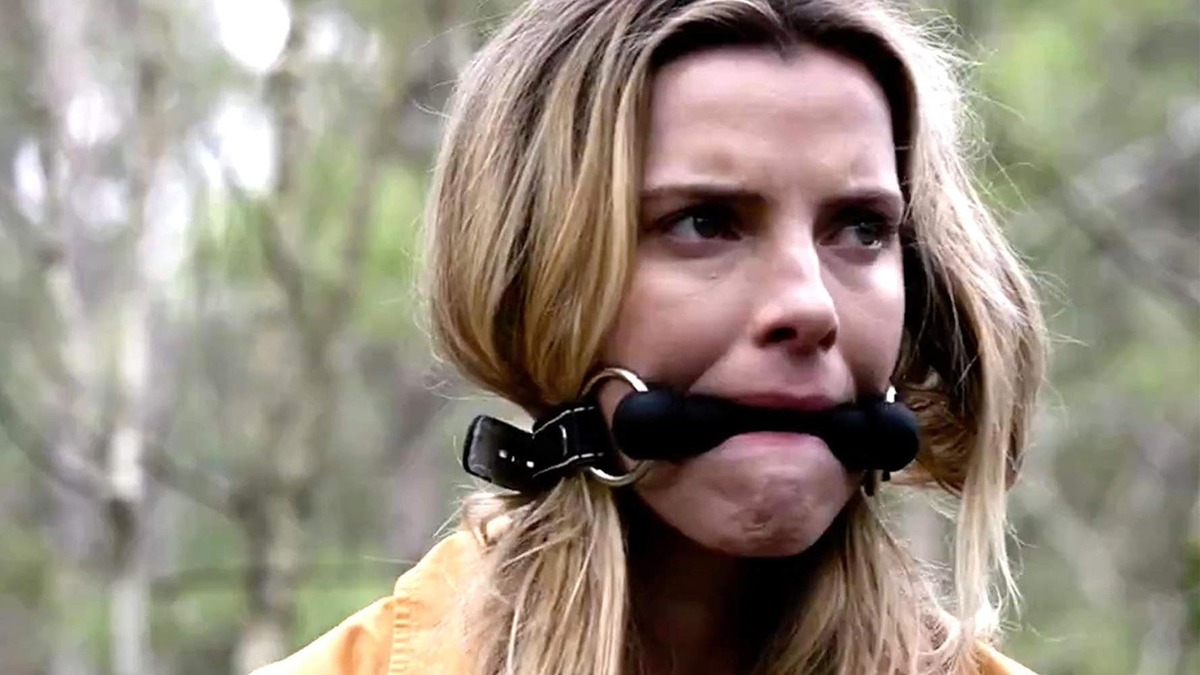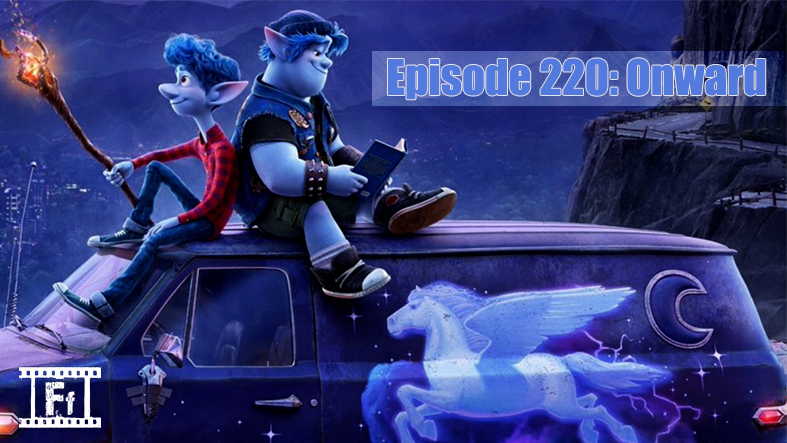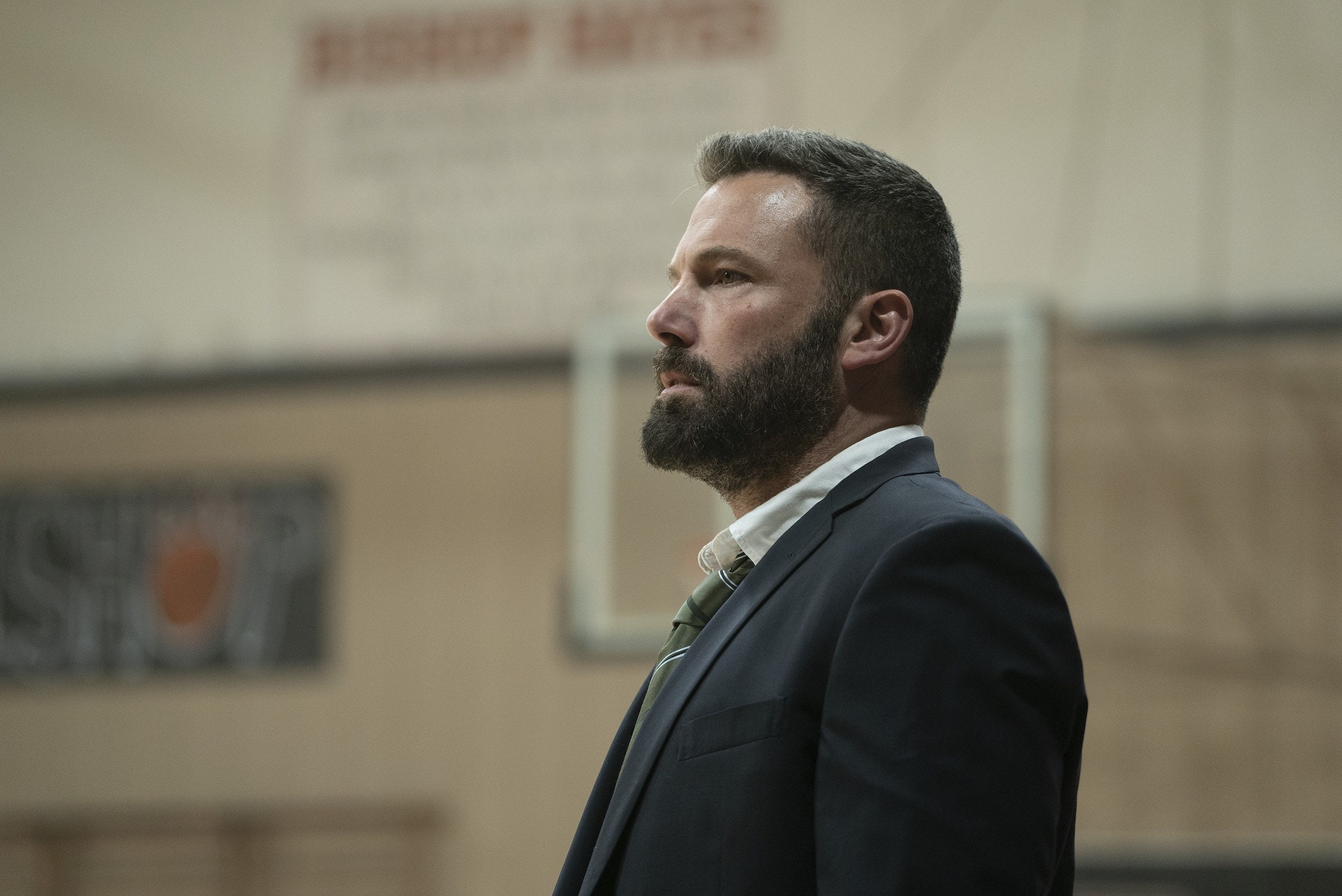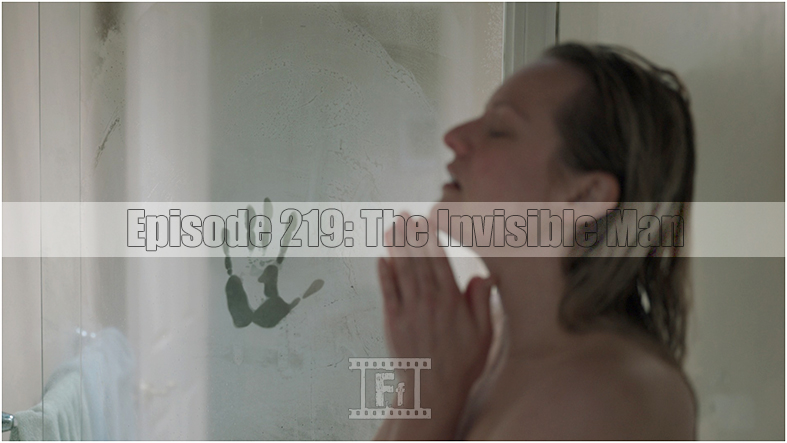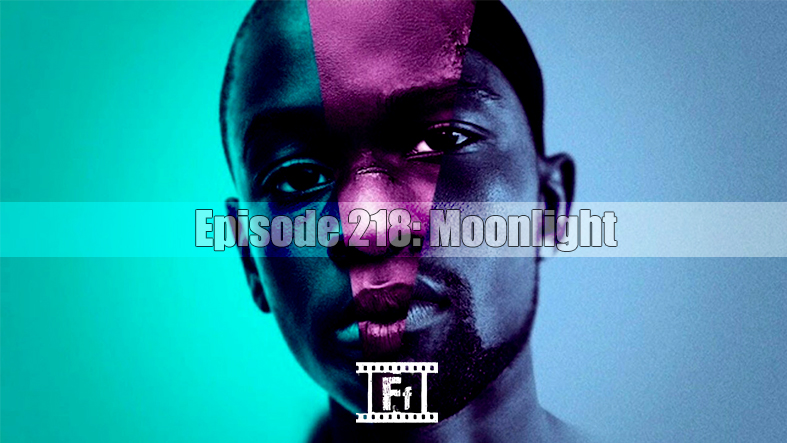Rating: R / Runtime: 1 hour and 48 minutes
Director Gavin O’Connor is a master of the sports drama, previously hitting home runs with films about both MMA and ice hockey. Like in those films, his newest is a story that uses the backdrop of athletic competition for a character study. Jack Cunningham (Ben Affleck) is a blue-collar worker and alcoholic, separated from his wife, and drinking his way through life one beer at a time. One day, Jack receives a call from his alma mater, a Catholic High School where Jack was once a basketball star destined for collegiate glory, asking him to come in for a chat. It’s then that Jack is offered the head basketball coaching position for the rest of the season, where he will take over while the current coach recovers from illness. Jack, who has never coached before, reluctantly accepts and must find a way to connect with and teach the young undisciplined and under-talented players of the team, all the while still struggling with his addiction and a haunting past.
In “The Way Back”, Jack’s alcohol use is front and center much more so than basketball. He always has a beer or a fifth of vodka in his hand, to the point where it might almost seem indulgent on the filmmaker’s part. But what Gavin O’Connor does is never let us forget that alcohol is a part of Jack’s life at all times. Jack is seemingly a good person, not one of the usual physically violent alcoholics we are used to seeing in the movies. His addiction is shown for what it is, a disease that can’t be controlled without intentional steps and help. A disease that finds a person drinking on the job, drinking on the drive to the bar after work, and then carrying a beer can into the shower because having a drink in hand has literally become a physical part of who the person is. Jack, like all alcoholics, drinks for a reason. Jack is angry about his past, something he can’t escape, and like so many who struggle with alcoholism, it has him in a dangerous downward spiral that is ruining his life.
Most films in this genre drive toward a final “big game” in which the sports team or individual must compete at the highest level, overcoming whatever obstacles were in their path to get there and earning redemption along the way. “The Way Back” is slightly different, instead alternating more often than expected between the excitement of Jack’s coaching up his team during the basketball season and the dramatic revelations about pieces of his past that have come to define him and lead to his current relationship with alcohol. O’Connor certainly still gives us time with the team. We get to know the various kids, their strengths and challenges, and a few of them are developed in meaningful (though fairly cliche) ways. But their stories are never the focus of the film. It’s always about Jack, and his life mirrors that of a real one, with ups and downs, wins and losses, belief that things have gotten better and devastating mistakes. It’s a relatable and smooth-transitioning narrative, one that never stopped being compelling.
Affleck’s performance is right there with the best he’s ever given. It’s an emotionally affecting, and clearly very personal, one that rarely goes over-the-top but has power in its subtlety. Coach Cunningham’s journey with the team is inspiring, even as we see his character flaws gradually revealed. It’s easy to have empathy for and root for his redemption, something I craved even more than seeing the team have success. Credit should also go to O’Connor and cinematographer Eduard Grau, whose outstanding use of beautiful close-ups really draws the viewer into some very vulnerable moments, both on Affleck alone and in deeply affecting scenes between him and his estranged wife Angie (Janina Gavankar). The film’s score by Rob Simonsen is absolutely gorgeous and almost ever-present, strings and piano keys nudging our hearts in various directions as Jack’s journey is made.
“The Way Back” is not without its typical sports cliches in the personalities and stories of the basketball team players, but it is also a film that completely subverts them when it comes to its overall primary character arc and ending. It’s an addiction drama about how we cannot change the past, but how we can affect the future, one step at a time, and of the impactful part relationships and passions play in that process. It is simultaneously a feel-good basketball story with a dose of exciting in-game action, some hearty laughs, and plenty of sincere feels.
Rating:

Aaron White is a Seattle-based film critic and co-creator/co-host of the Feelin’ Film Podcast. He is also a member of the Seattle Film Critics Society. He writes reviews with a focus on the emotional experience he has with a film. Follow him on Facebook and Twitter to be notified when new content is posted.

